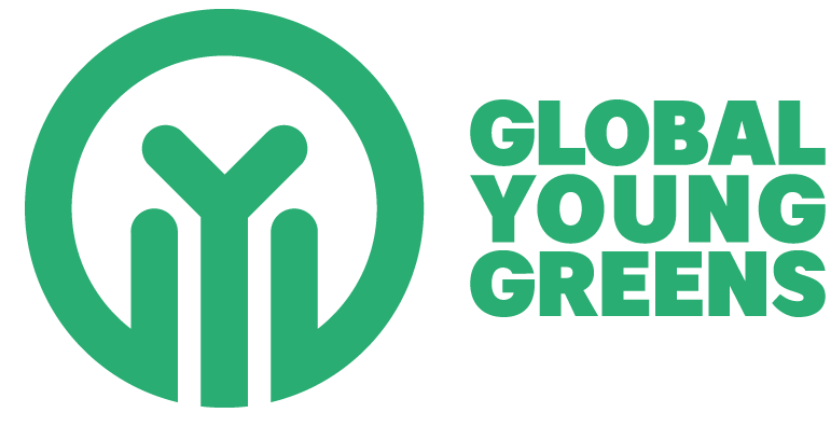In the 12 years after 9/11, a lot has changed for the US and the rest of the World. However, it is a pertinent matter to ask what the impact would have been in the presence of social media on that dreadful day. How? When? Where? questions may have gotten instant location and follow ups. At that time internet and mobile phones was toddler to the general public. Now such privileges will always be missed which may have been useful in finding ‘what had actually happened’. Though this 12 years’ gap is minuscule for the country it seems gigantic considering the advancement in Information Communication Technology (ICT). Fascinatingly, for Americans the discussions on this shocking issue may have gathered wider perspectives in the presence of Twitter at that time, flooded with #Twin Tower Attack or #plane struck Twin or #Twin in Trouble in Twitter.
Has the manner of politicizing the people changed in recent years with mobilization of millions of people in combating autocratic regimes such as in the Egyptian Revolution of 2011 which enabled the popular spillover of Arab Spring to initiate a fresh beginning for civil liberties and strengthen democratic values? Has the Web 2.0 dismantled the traditional concept of politics in the new order giving on the new tools of information communication technology to the world? Is social media being mounting to be the hub for ‘Intellectual War’ with less employed manpower tracking the huge impact on the masses? The answer is yes. The introduction of Web 2.0 invented by Tim O’ Reilly in 2005 created great developments in Social Media. Triumph of Barack Obama’s race to White House to the Malaysian general election, 2013 through the means of Social Media shows that the extent of its reach to the voters is overshadowing that of traditional media platforms. The innovation of internet based communication in mobile devices and smart phones is building a Mega-Pocket Studio engulfing the traditional approach while access to technology has revolutionized communication.
The philosophy of politics- public appeal and electoral mobilization are changing rapidly taking negotiations with growing influence of social media. In individual terms, Social Media has tracked and connected people with unique ratings; the never known opportunities which identifies the common people as ‘very special’. On the contrary, politicians seem more vulnerable to risk as their mistakes are seen and heard more rapidly endangering their political careers which, fruitfully is forcing leaders to act in a more accountable manner. In some of the conservative countries, they have been using multifaceted spying techniques to control ICT (Information Communication Technology). Scrutiny on these hardliner countries in the world perceives Cyberspace through the national security spectrum and has developed framework on centralizing approach on Social media for eliminating any religious clash within the community as well as opposition against any government policies. It is relatable concerns to observe that, there has been staid shift on addressing security issues and civil privacy in those tyrant countries. When cheerfully discussing on moderate and impartial world- it is always indispensable matter to understand that Secularism and Authoritarian regimes always collide with each other; especially in the places where every basic has been guided through religious principles. Under such circumstances, it is palpable truth that authority won’t let the social media to bloom freely worrying on the foreign suspicious elements floating across the internet.
Policy makers in either Washington or Brussels the two most politically significant places in the world are put on pressure by social media on how to act in the real world and to ‘mine ‘ reality as per public opinions and to solidify the public policy. Social Media appear to be ‘sharp and crooked’ weapons for policy makers in terms of pressurizing and publicizing their political agenda. Sincerely, social media is facilitating the formation of bubbles of activism by the youth regarding political transformation and this has proven to be shot guns for the game-makers especially in parts of the world which impose restrictions over freedom of speech and expression and which have been emerging as the new political battleground. In places where minimum basic rights issues always constitute agendas to be cultivated by politicians often for electoral benefits, it seems now politicians’ credibility and reliability is being mocked and protested through online channels. Now, online campaign and activism have moved beyond than Slacktivism to a broader political sense.
But recent development seems more appalling. How ghastly to know that our unpaid activities in the Social Media (Uploading, Accessing, Downloading and chatting) are being appropriated by the PRISM-NSA surveillance program. It is notable to remember Obama’s presidential debate quotes in Boca Raton, Florida in 2012, where he said that America remains the one indispensable nation and the World needs a strong America. Is this Big Brother’s action successfully addressing America’s security concerns or instead exposing its insecurities? And at this moment when US vacillation is pinning the entire world on the Syrian issues where essential diplomatic efforts seems to have failed, such efforts seem to be violating the civil liberties of Americans. The question now is to how US leadership can induce the actions entirely beneficial to US and for her interest. It may be useful to understand that though the US plays indispensable global role, its democratic credibility will suffer whenever such behavior undermining internet privacy and freedom are reported. If such measure the directed towards public interest and security, then there is no point to distrust US policy despite major US media criticizing the actions as disgraceful.
But ironic that these Techno giants, which have thrived on the proliferation of communications and freedom of speech, may have overlooked the right to privacy and may have dropped bombs on the social media platforms that they themselves have developed. But, has this mining series proven to be a measure for ensuring national security or is it appearing as a tool for the Big Brother?
Article by Saurav Raj Pant


